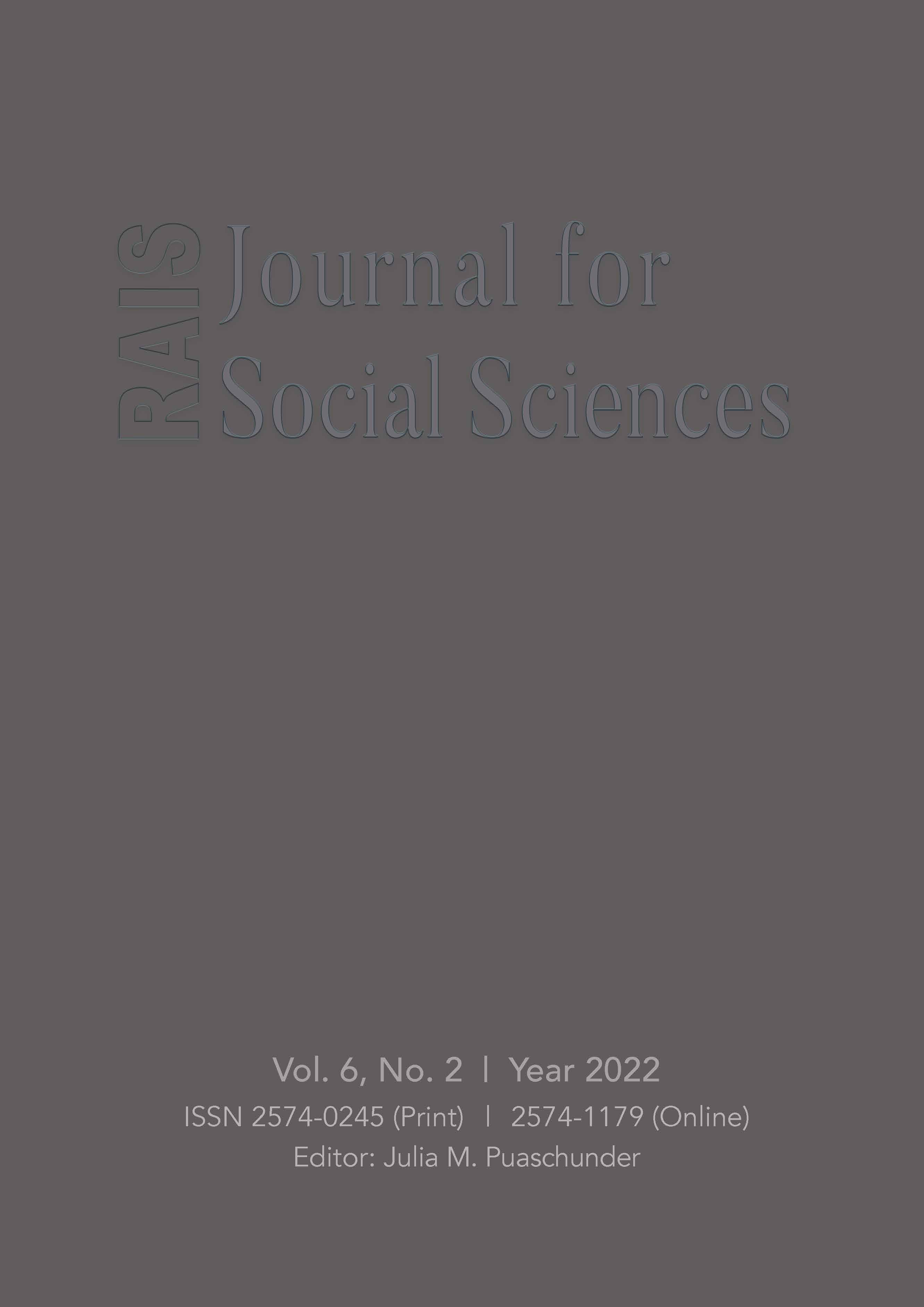Theoretical Linkages between Status of Maternal and Child Health in India and Risk of Non-Communicable Diseases
Theoretical Linkages between Status of Maternal and Child Health in India and Risk of Non-Communicable Diseases
Author(s): Arora PALAKSubject(s): Developmental Psychology, Social development, Health and medicine and law
Published by: Scientia Moralitas Research Institute
Keywords: Maternal and child health; non-communicable diseases; reproductive care; nutrition;
Summary/Abstract: The Global Burden of Diseases Study 2019 reports that metabolic abnormalities and high BMI since childhood are the primary reasons for the increasing burden of Non-Communicable Diseases (NCDs) in India. Popularly, these conditions are associated with consumption and lifestyle patterns such as high fat, energy-dense foods, sedentary lifestyle, stress, etc. So, the government is focused on preventing NCDs by promoting healthy diets and physical exercise. Public knowledge of the link between adverse in-utero environment and metabolic abnormalities during childhood, which impact the future health of an individual is under-recognized. Given this background, this paper discusses the implications of adverse pregnancy or birth outcomes (such as low birth weight, premature deliveries, etc.) of an infant on its long-term health, thereby establishing that proper reproductive care can play an instrumental role in averting the risk of NCDs in the future. Essentially, this paper analyses how prenatal, neo-natal and early childhood conditions play a preemptive role in the future incidence of NCDs and their management through appropriate policies that can aid in averting the risk of NCDs.
Journal: RAIS Journal for Social Sciences
- Issue Year: 6/2022
- Issue No: 2
- Page Range: 47-60
- Page Count: 14
- Language: English

